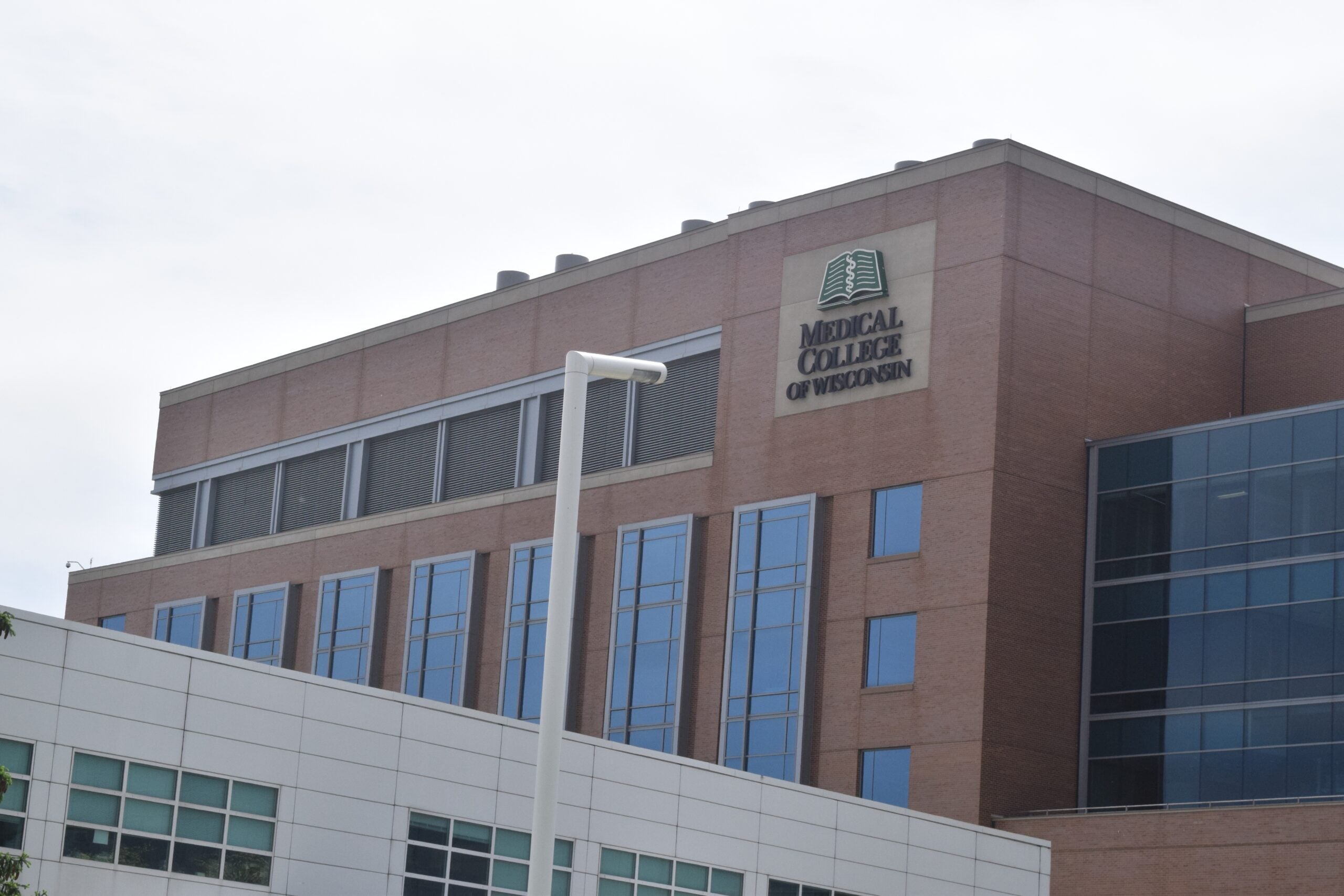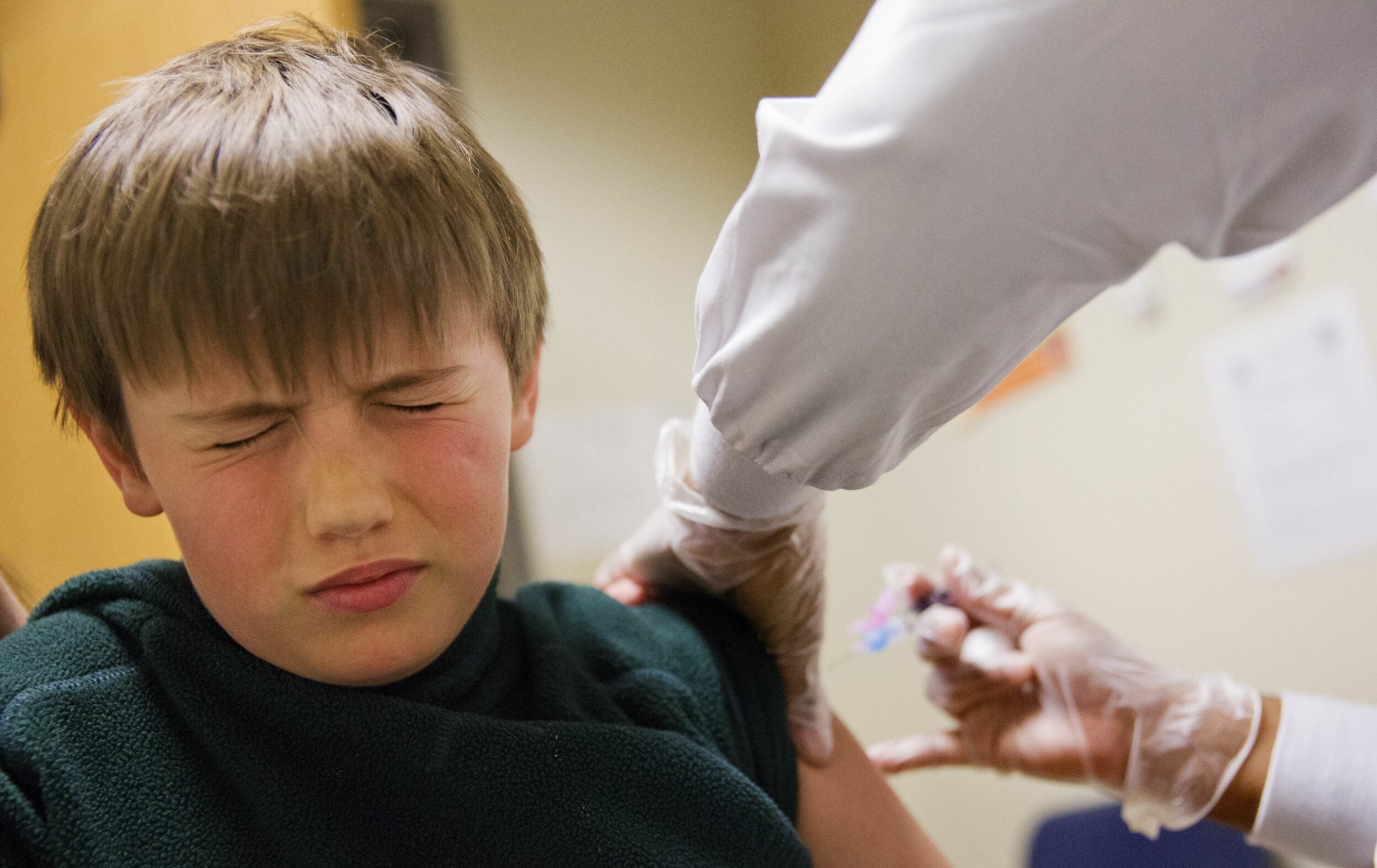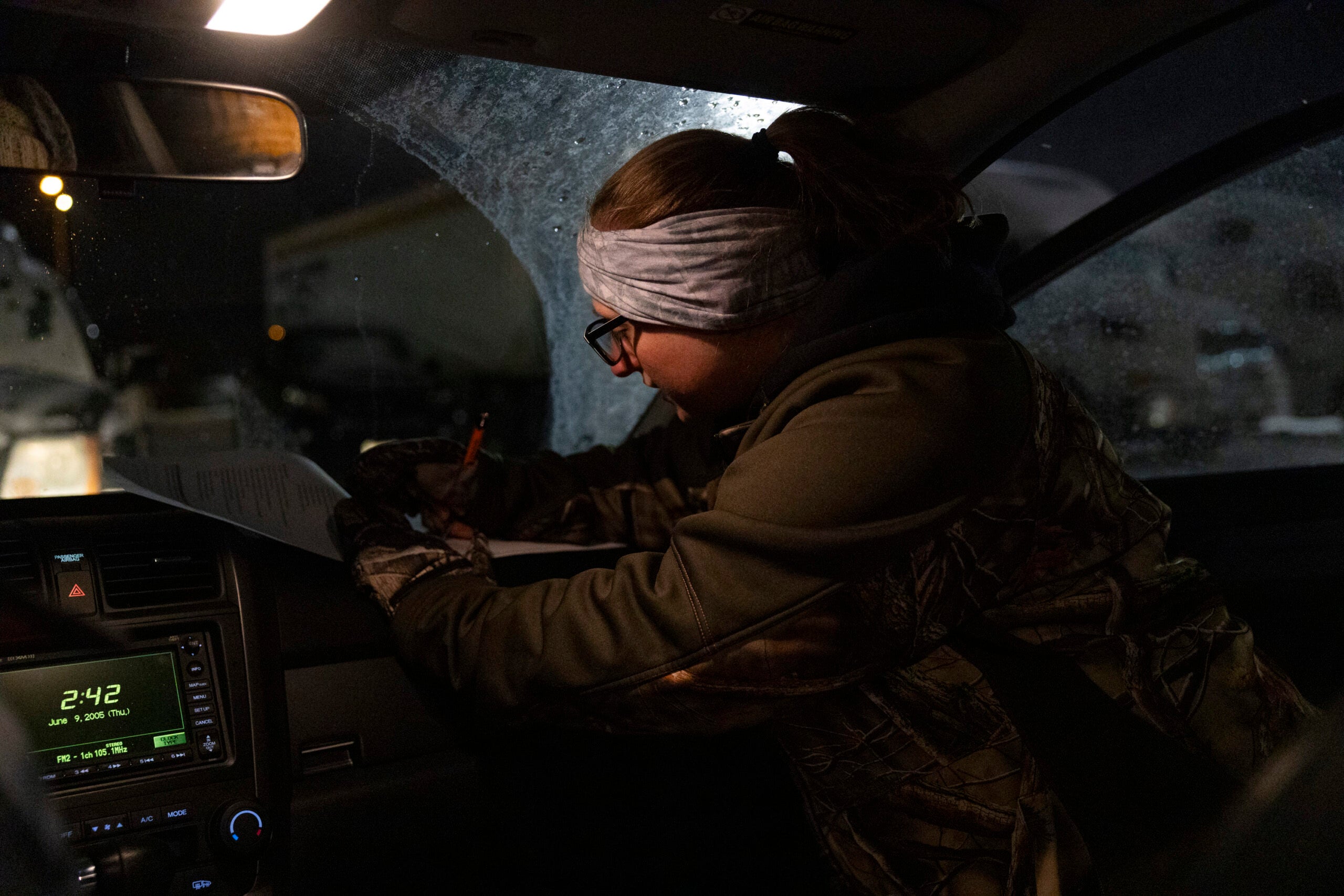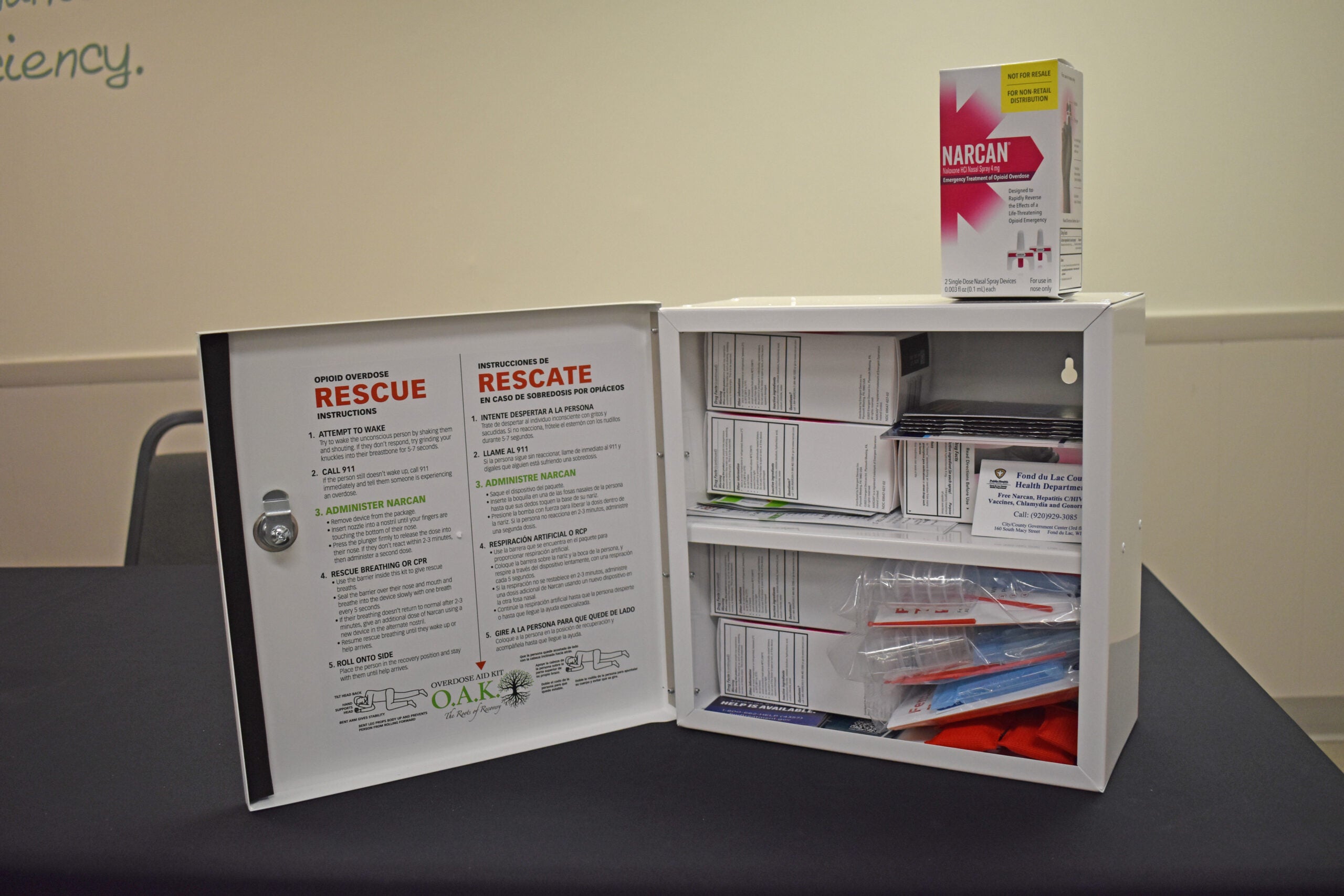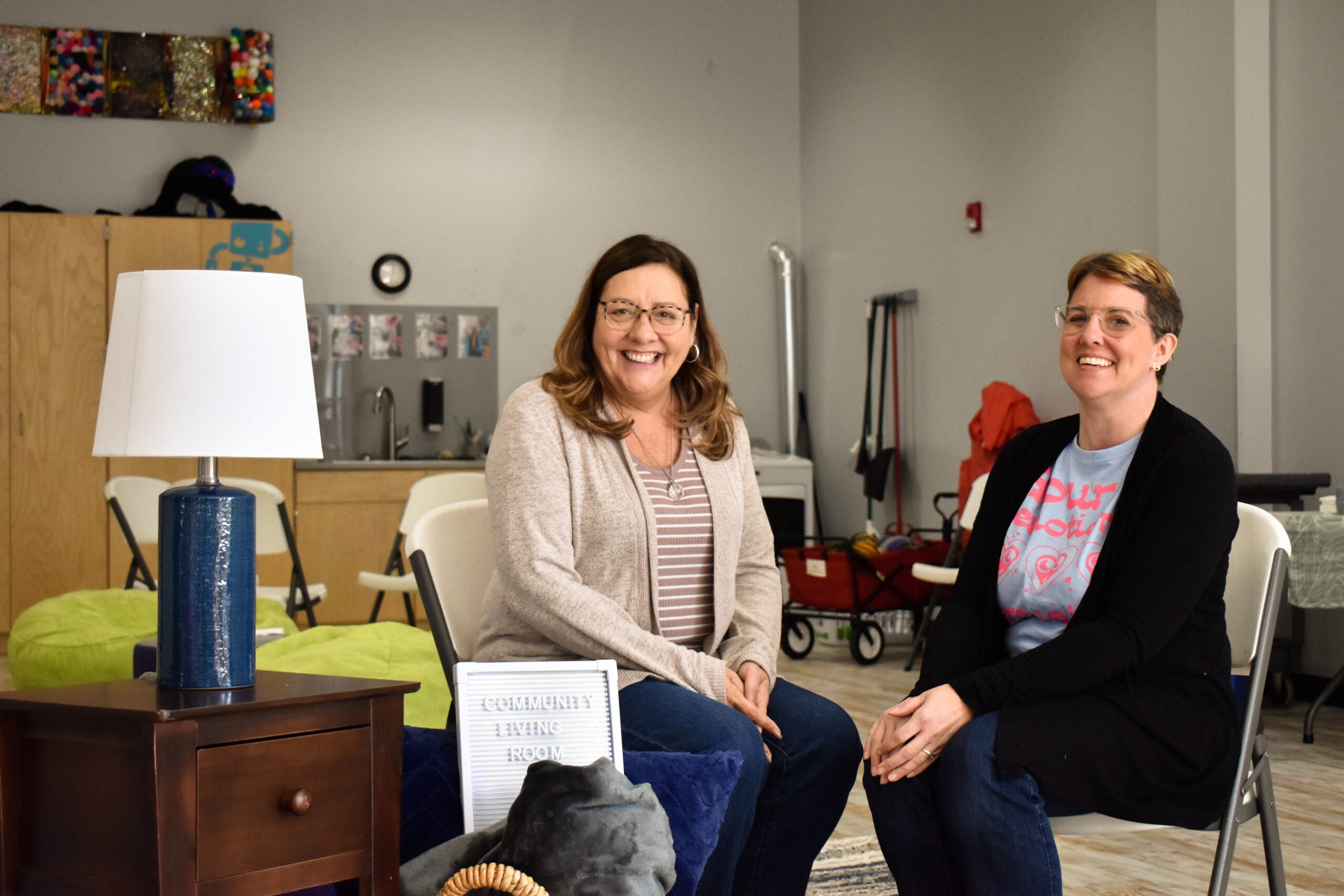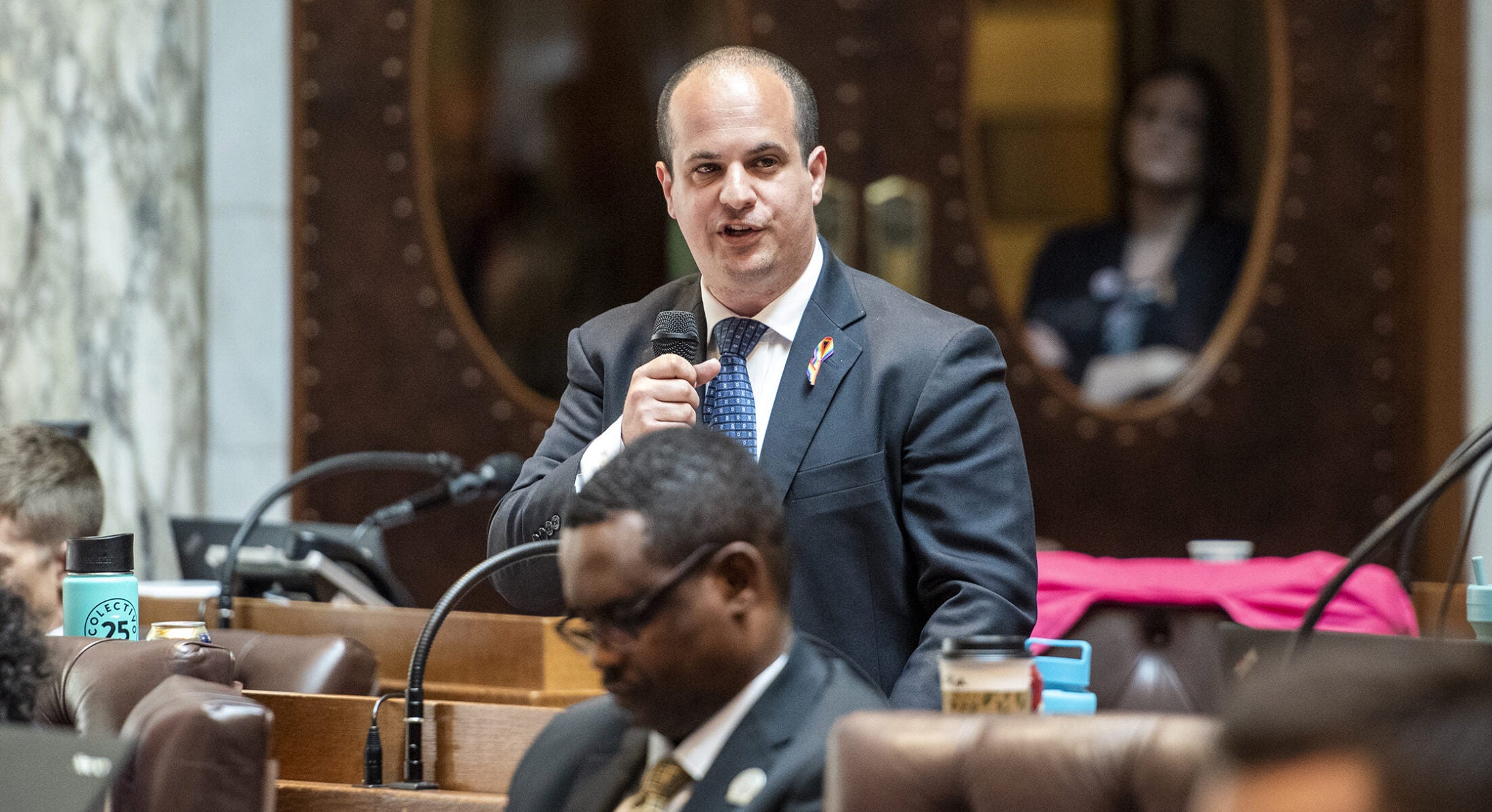The new coronavirus has disrupted people’s normal routines with stay-at-home orders, school closures, and businesses shutting down. Many people have been sharing their experiences with the change and how they have been able to cope with the uncertainties brought on by the pandemic.
To give people another perspective, a team of researchers at the Medical College of Wisconsin, led by Dr. Alan Nyitray, decided to gather collective wisdom from members of sexual and gender minority (SGM) communities who have already lived through a pandemic.
In the early 1980s, members of said communities suffered greatly from the AIDS pandemic. More than 700,000 people with AIDS have died in the United States since the first case was reported.
Stay informed on the latest news
Sign up for WPR’s email newsletter.
Nyitray, an associate professor at the Medical College of Wisconsin, said this research can be helpful for people who are struggling to cope during the coronavirus pandemic.
“We have to remember that our communities are interdependent, and while many people may not know a person who’s survived the AIDS pandemic, there are a lot of persons out there that have survived other pandemics and maybe we can learn from them,” Nyitray said.
He said the survey was sent out in a response to studies he was conducting about anal cancer screenings before the pandemic was found in the United States.
Nyitray said he knew COVID-19 would impact his research and people’s thoughts and intention on cancer screenings.
“So I decided I needed to ask a few questions of the same population that I was working with, the same communities I was working with for the screening study, and that is sexual and gender minorities,” Nyitray said. “That’s the impetus for doing this survey. Trying to understand how COVID-19 was going to be impacting current research.”
AIDS, or acquired immunodeficiency syndrome, is the final stage of HIV, or human immunodeficiency virus, if left untreated. The virus progressively weakens the immune system by attacking T cells and allows for different infections and cancers to enter the body easily.
Contracting HIV is 22 times higher among gay men and people who inject drugs. It is 21 times higher for sex workers and 12 times higher for transgender people.
HIV can be treated by taking an antiretroviral treatment to help control the virus. There is currently no cure for the virus, and roughly 1.1 million people in the United States are living with HIV.
Nyitray said the results of the survey were encouraging. The survey asked questions like: “Has your experience with AIDS and HIV helped you cope with the COVID-19 pandemic?”
Nyitray said that people’s confidence was striking.
“Not only did we get these comments, but people were very forthcoming and very happy to provide comments on the COVID-19 epidemic in the context of what they had experienced with the AIDS pandemic; and I thought it was beautiful,” he said.
In the survey, many people expressed confidence when it came to coping with COVID-19, here are a few responses:
- “After living with HIV for over 10 years and watching the strong advancements in HIV treatment and prevention, I don’t fear COVID.”
- “I always tell myself if I’m able to live with HIV, then the thought of the current COVID-19 climate doesn’t really harm me mentally.”
- “I am HIV+, from a time when it was considered lethal but now it is just chronic (due to medications). So I am not too concerned about having to face the possibility of another illness that could be lethal.”
Others who responded to the survey expressed cautiousness:
- “I have HIV, so I know a problem like this one is not going to be fixed overnight. We have to all work together to find the right cure.”
- “I grew up in the 80s and 90s and had friends and lovers die. Familiar with this type of thing but not comfortable 100%.”
While a few people had a sense of optimism:
- “Having been through it, it has allowed me to have some perspective, as in, we can get through this. Must take it day by day.”
- “This too will pass.”
The online survey went out to people in Milwaukee, Chicago, Detroit, Indianapolis, and Houston, and 446 people responded and 157 people said their experience with the HIV pandemic helped them cope with COVID-19.
“I think they are sensible insights,” Nyitray said. “And I hope that helps people think more broadly or take the long view of the COVID-19 pandemic and that while things are bad now, they are going to get better.”
Nyitray said this is only the baseline survey and that four more surveys will go out over the next nine months to see how people’s responses to COVID-19 change over time.
The responses to the survey will be in a peer review journal at a later date.
Wisconsin Public Radio, © Copyright 2025, Board of Regents of the University of Wisconsin System and Wisconsin Educational Communications Board.
